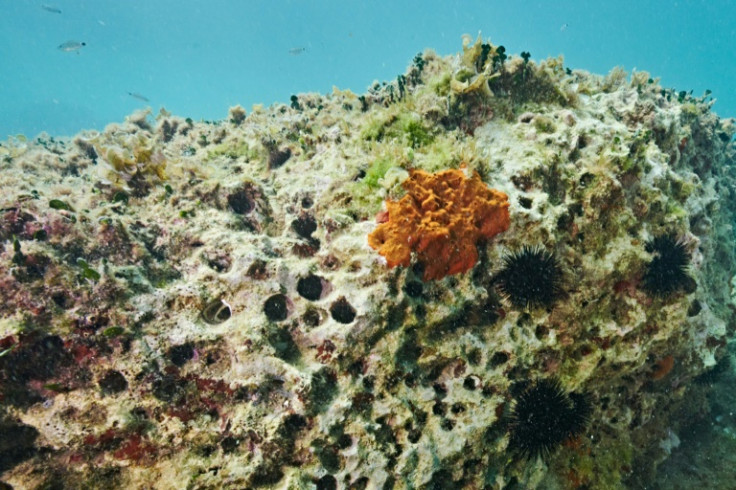Deep Sea Mining Gets Yellow Light From International Seabed Authority, Rebuffing Calls For Moratorium

The International Seabed Authority's final session of 2023 ended Wednesday with "draft regulations" to permit deep sea mining, but delayed a final ruling until at least 2024.
"I can't say [the draft regulations] are going to be exactly the same by the time it's adopted, as the financial terms are open for discussion, but what you have on paper right now is a pretty good indication of the overall shape of the document," ISA Secretary-General Michael Lodge said at a press briefing Wednesday. The specific terms of the draft regulations were not publicly released.
The ISA is a UN observer organization with jurisdiction over international waters. Its principal purpose at present is to establish a regulatory framework for deep sea mining. No such framework exists today, making the practice effectively illegal.
The Future Of Deep Sea Mining
This most recent ISA session failed to produce tangible results because of disagreements between ISA member states surrounding the net benefits of deep sea mining.
Many delegations of high profile ISA members, including France, Brazil and the United Kingdom, have publicly come out in favor of imposing a moratorium on deep sea mining, claiming that further environmental impact studies are needed before large-scale operations can begin.
Twenty-one entities have publicly-listed exploration contracts for mining in international waters. Seventeen of those are located in the Clarion-Clipperton Zone, a mineral-rich section of the central Pacific.
The Metals Company (TMC), which holds three exploration contracts in the Clarion-Clipperton Zone, told International Business Times in written comments on Monday that it plans to submit its first mining application "following the July 2024 meeting of the ISA."
Deep Sea Mining vs. Mother Nature
It's estimated by the ISA that there are enough mineral resources in the Clarion-Clipperton Zone to entirely supply the growing global demand for magnesium, as well as other minerals critical to the production of lithium-ion batteries. But the science is still out on the environmental impact of the practice.
The mining companies involved have conducted decades of environmental impact studies, and so far have found that sediment plumes from operations will be far less destructive to marine ecosystems than feared, as TMC shared with IBT.
However, environmental scientists have warned that the industry's overall impact on oceanic ecosystems remains unclear, leading a vocal coalition of countries to call for an industry-wide pause.
The ISA Council did not come to a consensus in its most recent meeting as to whether to impose a moratorium on deep sea mining or release a regulatory framework. The organization's next session will begin on March 4, 2024, with council and assembly meetings taking place through the month of August.
© Copyright IBTimes 2024. All rights reserved.












